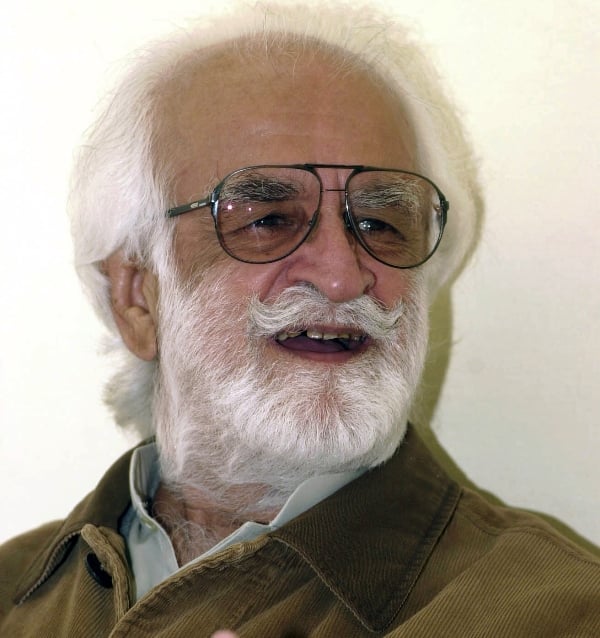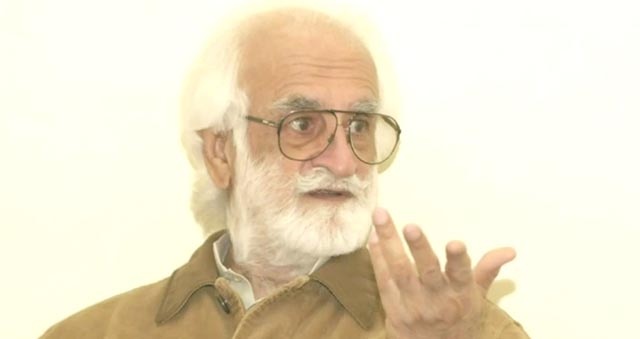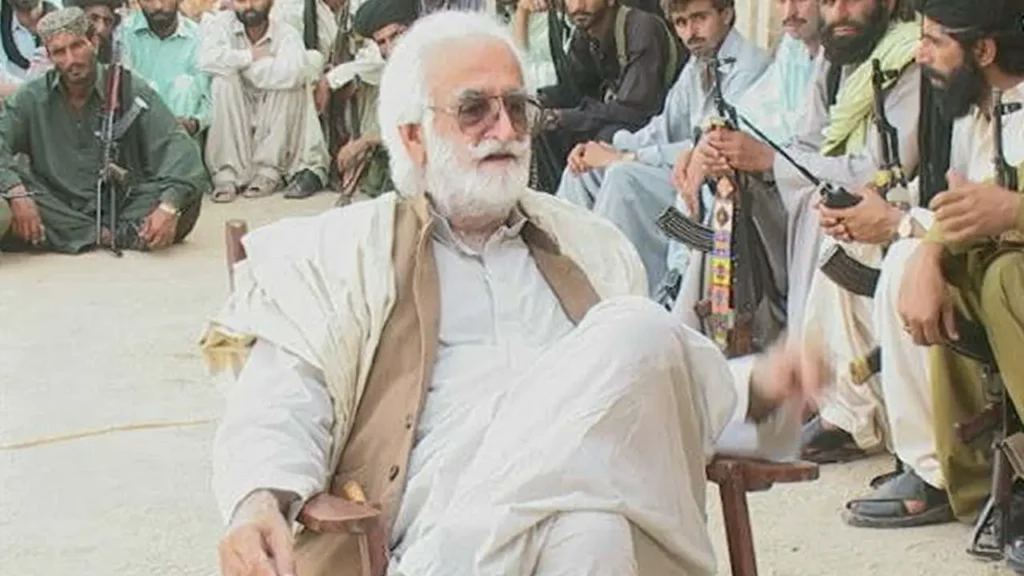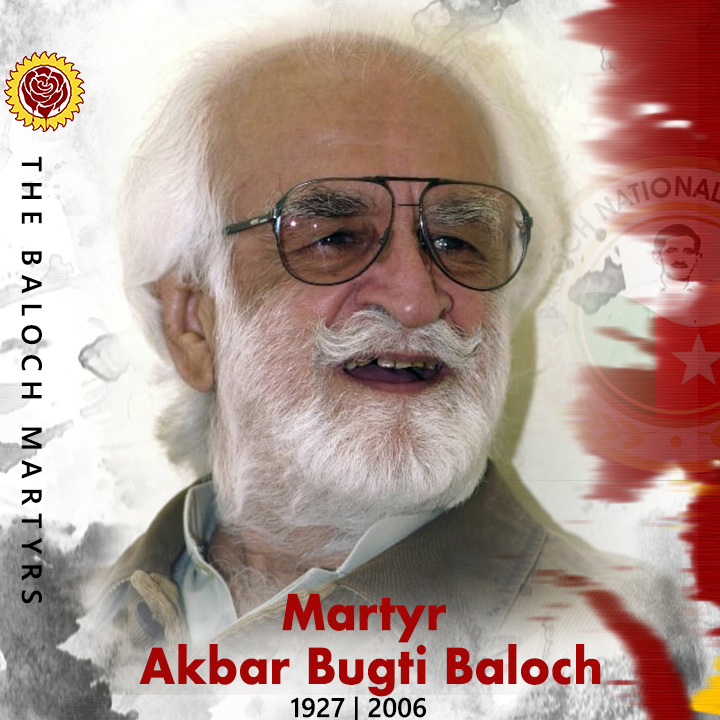Akbar Khan Bugti, born on July 12, 1927, in Barkhan, Balochistan, was a prominent figure in Pakistani politics. He received his early education at the Grammar School in Karachi and later attended Aitcheson College, Lahore. Furthering his studies, he pursued higher education at Oxford University in London, England. He was thrust into a leadership position at a young age following his father’s death in 1939, as he became the chief of his tribe at just thirteen years old.
Bugti’s political career began when he was elected to the National Assembly of Pakistan in 1958, subsequently serving as the Interior Minister of State. In the early 1960s, he openly supported the National Awami Party candidate for the National Assembly from Shaal division, which offended Field Marshal Ayub Khan. Consequently, Akbar Khan Bugti was unjustly imprisoned until his release in the mid-1960s after staging a lengthy hunger strike.
Appointed as Governor of Balochistan by the Federal Government in the early 1970s, Bugti soon resigned as the Pakistani military commenced a brutal crackdown in the region. Frustrated by the government’s unwillingness to address the military aggression against the Baloch people, he joined the Balochistan National Alliance in 1988 and was subsequently elected Chief Minister. He was forced to step down when the provincial assembly was dissolved in 1990 by Gen. Muhammad Musa Khan. Undeterred, Bugti established a new political party called the Jamhoori Watan Party (JWP), which gained immense popularity in Balochistan. He was elected to the provincial assembly and later to the National Assembly of Pakistan, representing JWP in the Parliament. In 1997, he was re-elected to the National Assembly.
A significant event in his life occurred in 2005 when an officer of the Pakistani Army violently raped a female doctor at a military base near Sui. Bugti called for justice for the victim, but the military refused to act against the implicated officer. Instead, they launched a full-scale military operation on July 17, 2005. This resulted in the death of twenty innocent Baloch people, including women and children.Following the massacre in Dera Bugti in 2005, the then 87-year-old Nawab Akbar Khan Bugti bravely took shelter in the mountains. He and his comrades fought against the Pakistani forces for over a year. Tragically, on August 26, 2006, in the Tratani mountains, a massive military attack was launched by Pakistani forces against Shaheed Akbar Khan Bugti and his supporters. Gunship helicopters and jets bombarded the mountain range with chemical weapons, resulting in the martyrdom of Akbar Khan Bugti and 32 of his comrades.







